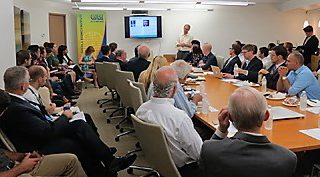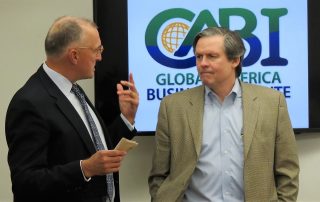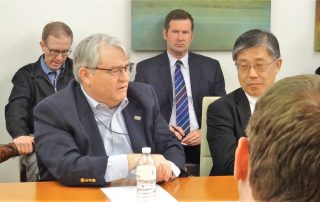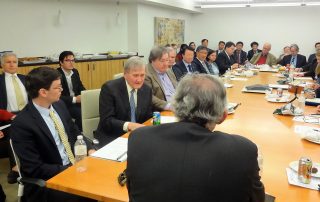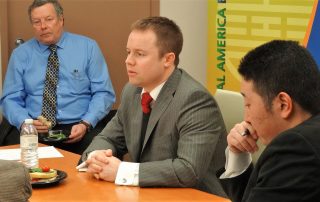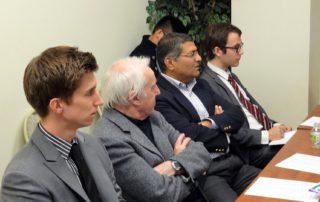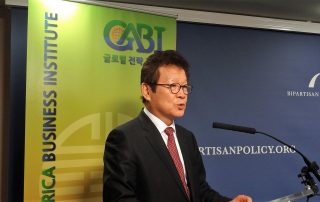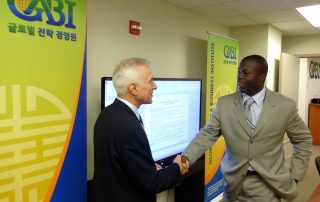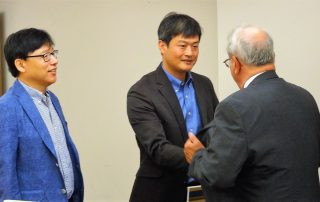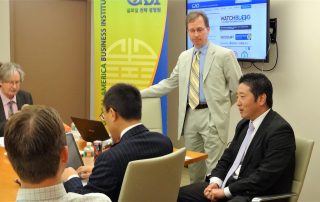GABI organizes nuclear energy roundtable discussions on a diverse range of topics that are relevant to nuclear markets both in the United States and globally. The discussion topics range from the civil nuclear partnerships, nuclear safety, nonproliferation, spent fuel management, international R&D and commercial collaboration, market and industry forecasts, and other related topics.
The Emerging Innovation Landscape in Advanced Nuclear Energy Innovation
August 02, 2016 Growing global energy demand and the increasing importance of energy decarbonization warrant the expansion of nuclear power worldwide. Nevertheless, innovative ideas will be needed so that nuclear can meet the energy needs of the future. Energy distribution systems and electricity grids are becoming increasingly sophisticated, complex, and multi-directional; although conventional large light

